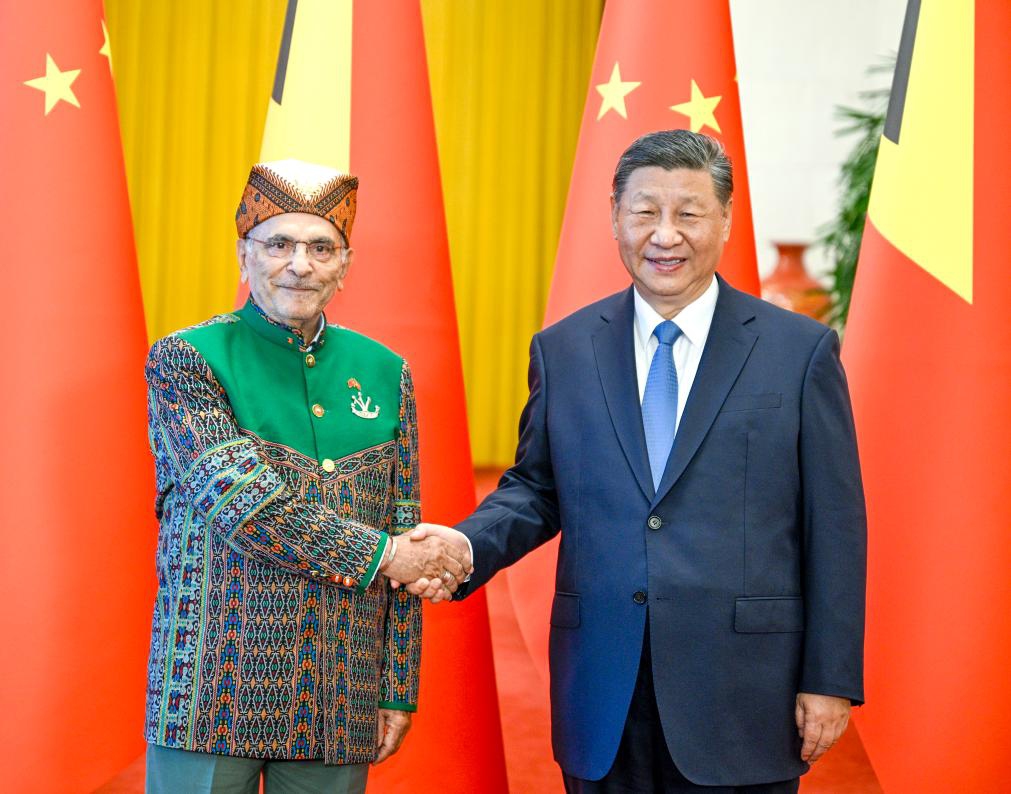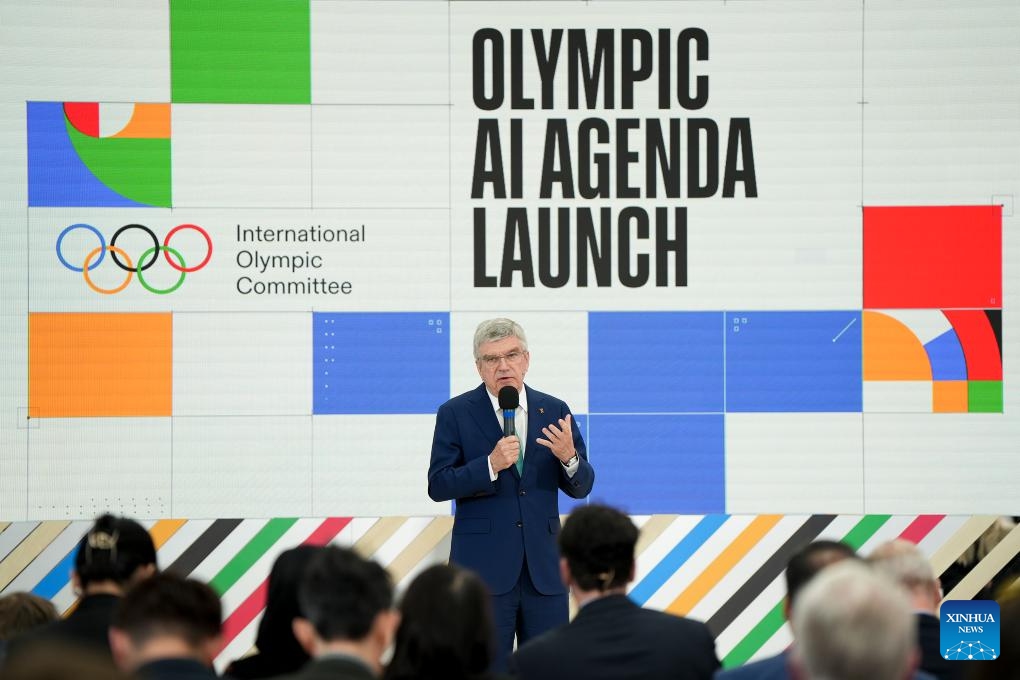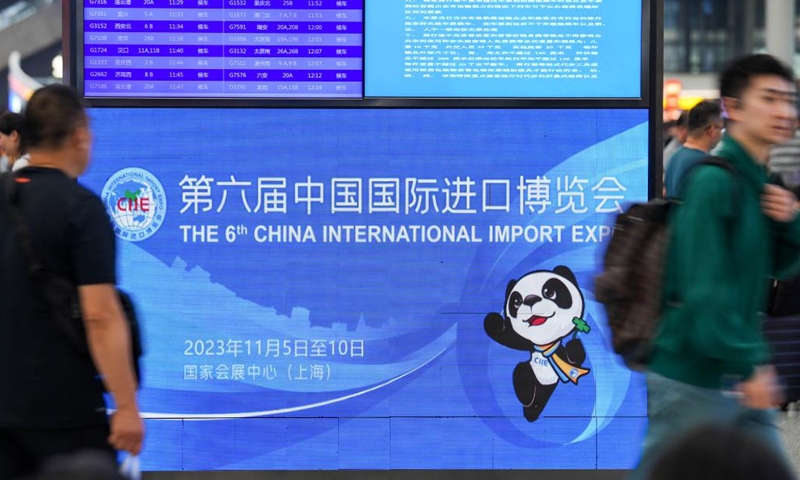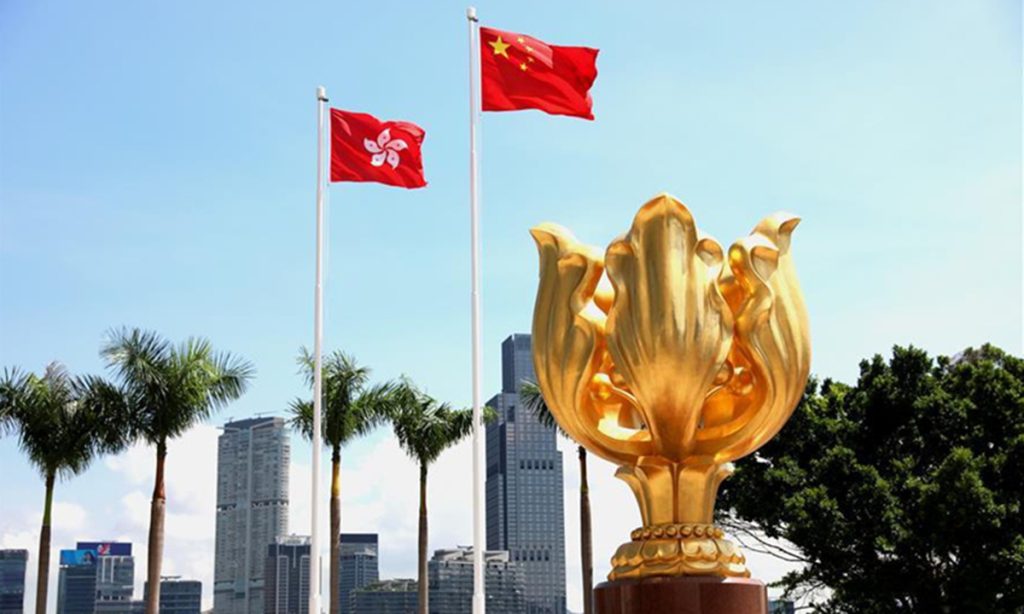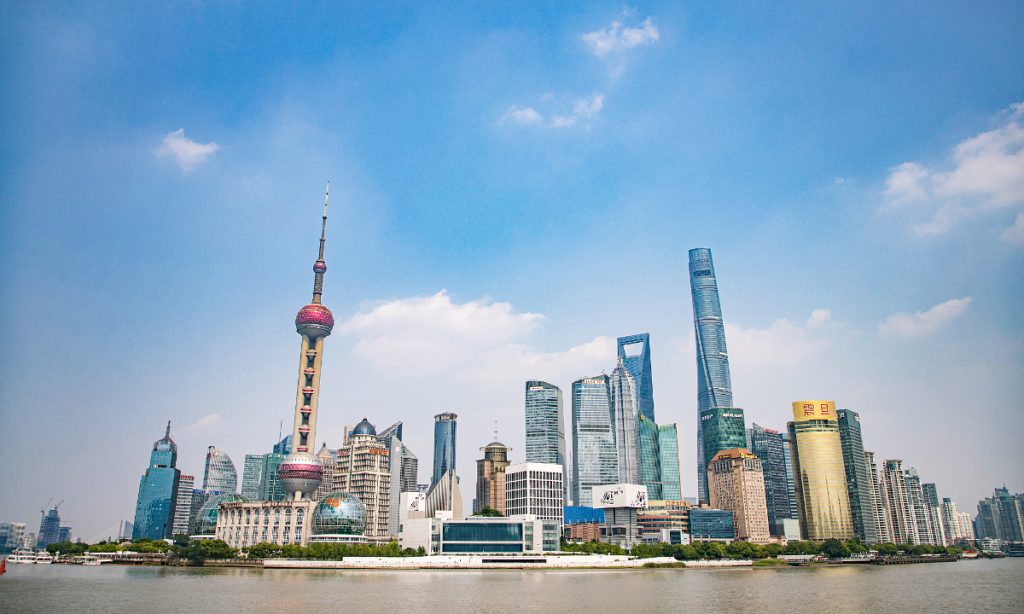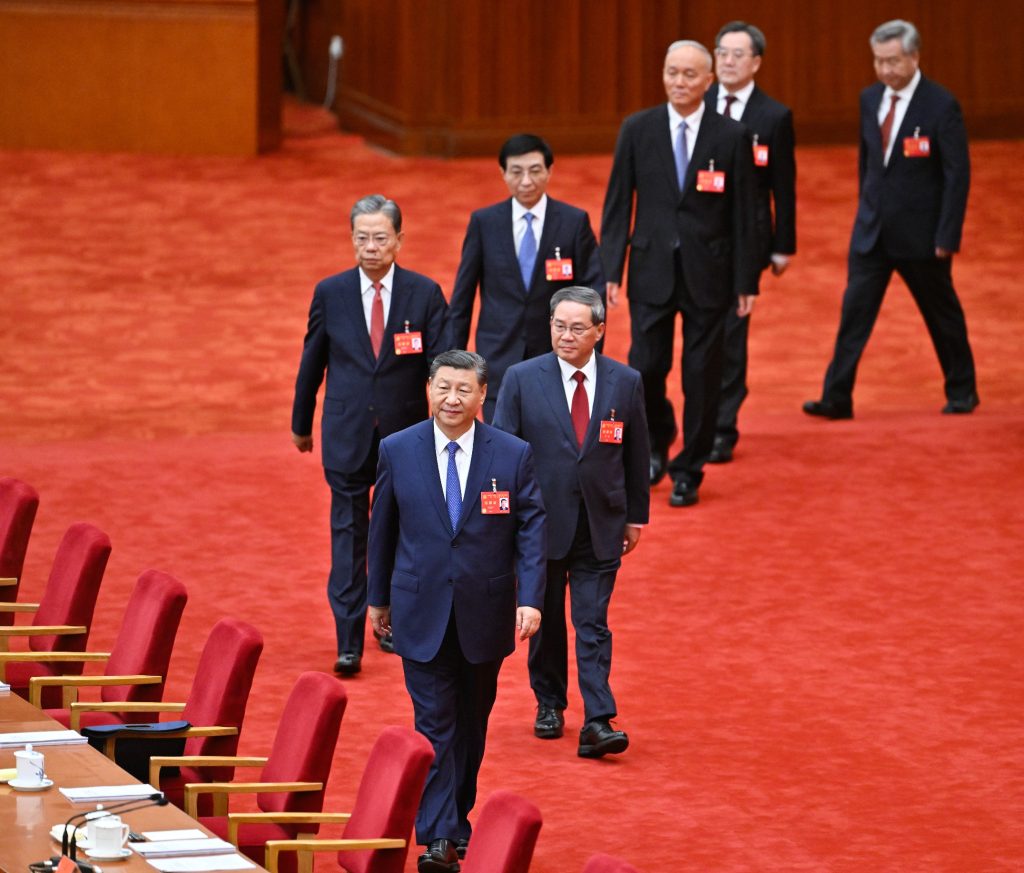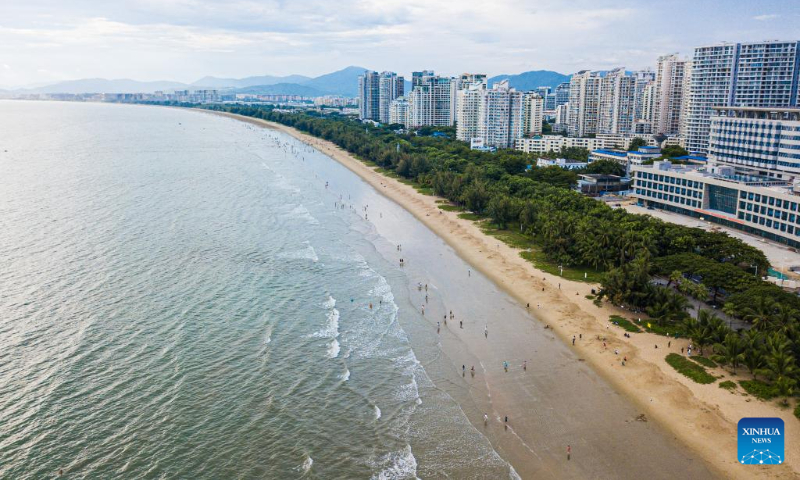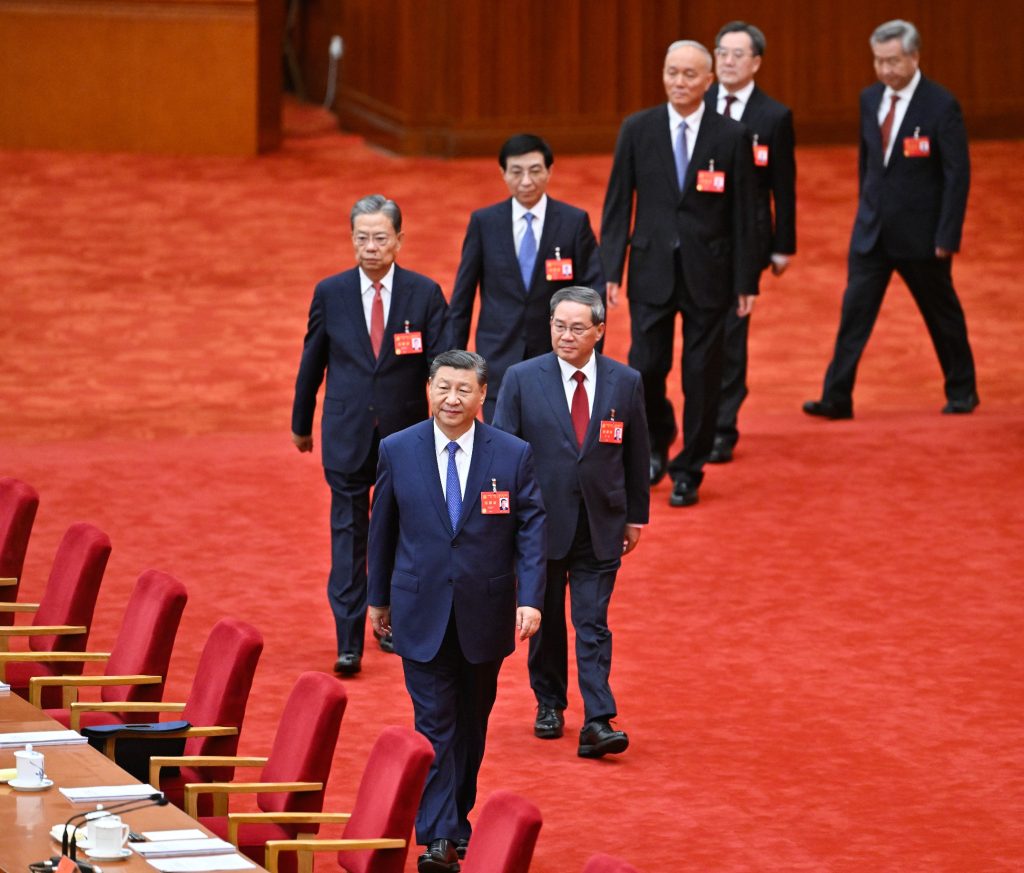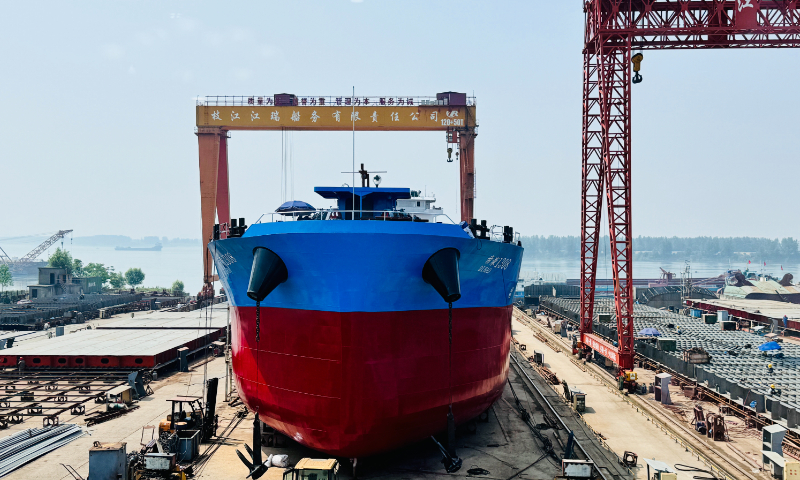Wang Yi, Lavrov highlight ASEAN-centered, open and inclusive regional cooperation architecture
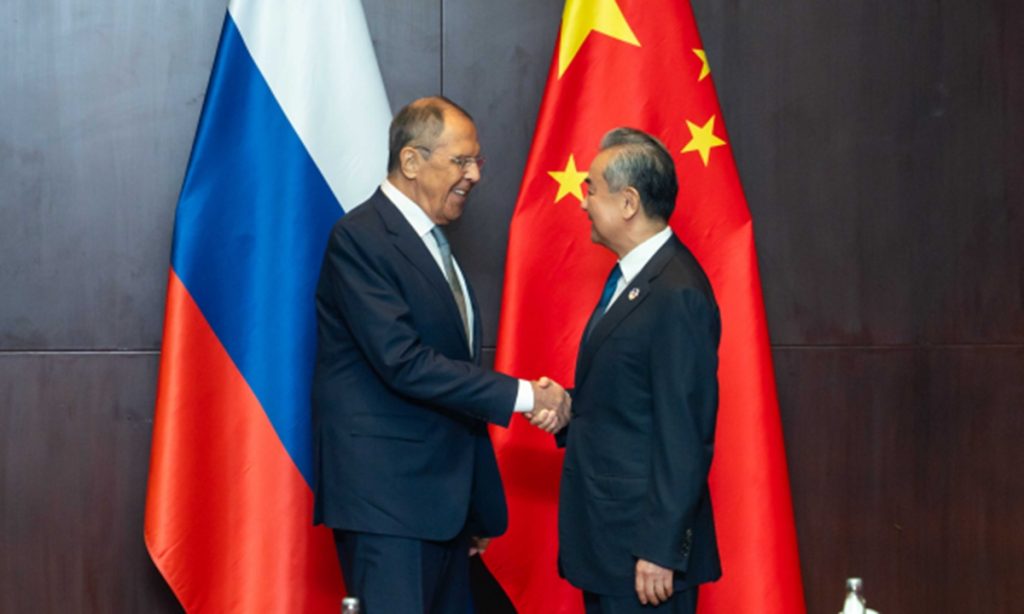
Both China and Russia support a regional architecture centered around ASEAN, as the multilateral coordination mechanism helps to prevent major powers from excessively intervening, and especially NATO from extending its tentacles into the Asia-Pacific region, observers said Friday after Chinese Foreign Minister Wang Yi met with his Russian counterpart Sergey Lavrov in Vientiane, on the sidelines of the ASEAN ministerial meetings.
China is ready to work with Russia to uphold the ASEAN-centered, open and inclusive regional cooperation architecture, Wang told Lavrov.
Wang, also a member of the Political Bureau of the Communist Party of China (CPC) Central Committee, said that in the face of the volatile and complex international situation and external disturbances and obstacles, China is ready to work with Russia to uphold the original aspiration of lasting good neighborliness and friendship, firmly support each other, safeguard each other's core interests, and remain each other's good partners for development and revitalization.
Russia will work with China to support the centrality of ASEAN and prevent the interference and infiltration of external forces, Lavrov noted.
Relations between China and Russia are at their best time in history, and the meeting between Wang and Lavrov is a specific manifestation of the sound bilateral relations, Cui Heng, a research fellow from the Center for Russian Studies of East China Normal University, told the Global Times.
By working together, the two countries can effectively address common challenges and promote stability and cooperation, Cui said.
Both China and Russia support a regional architecture centered around ASEAN, as the multilateral coordination mechanism helps to prevent major powers from excessively intervening and disrupting the regionalization process for their own interests, especially NATO from extending its tentacles into the Asia-Pacific region, Cui said.
In a trilateral meeting on Thursday between Wang Yi, Lavrov and Lao Deputy Prime Minister and Foreign Minister Saleumxay Kommasith, Wang stressed that enhancing cooperation among the three countries will not only help safeguard their common interests, but also send a clear message of solidarity and cooperation among regional countries to join efforts to promote regional stability and prosperity and cope with risks and challenges.
Wang cited rising hegemonism, unilateralism and protectionism, and the undercurrents of "small courtyard, high fence" and "decoupling and breaking chains," coupled with persisting regional conflicts as pervading, destabilizing, uncertain and unpredictable factors around the world.
A statement on Lavrov's meeting with Wang from the Russian Foreign Ministry also said that "the two ministers went on to discuss ways to implement the concept of building a new security architecture for Eurasia."
Asian affairs are decided by Asians, and this trend is now very obvious. The Western-dominated global order has begun to fail, at least in Asia and Eurasia, and there has been a tendency for non-Western countries to cooperate bilaterally or multilaterally to dominate regional processes, Cui said.
However, bilateral relations between China and Russia differ from the normal kind of military-political alliance. The two countries transcend this model of state-to-state relations, adopting an approach of non-alliance, non-confrontation and not targeting any third party, Zhang Hong, an associate research fellow at the Institute of Russian, Eastern European and Central Asian Studies of the Chinese Academy of Social Sciences, underscored.
China and Russia on Thursday held their eighth joint aerial strategic patrol that saw bombers of the two countries flying over the Bering Sea for the first time. The patrol closely followed a joint naval patrol that stretched from northern Pacific waters to the South China Sea and a joint naval exercise in waters off China's southern coast earlier this month.
Experts said it highlighted the growing China-Russia military cooperation and its contribution to peace and stability through providing global strategic balance.
The meeting between the foreign ministers of Russia and China was held on the second day after Wang Yi's meeting with Ukrainian Foreign Minister Dmytro Kuleba in Guangzhou.
According to Chinese Foreign Ministry spokesperson Mao Ning on Friday, China will send Special Representative of the Chinese Government on Eurasian Affairs Li Hui to visit Brazil, South Africa and Indonesia. Starting from July 28, Li will carry out the fourth round of shuttle diplomacy on the crisis, further exchange views with major members of the Global South on the current situation and the process of peace talks, discuss with them the de-escalation of the situation, and accumulate conditions for restoring the peace talks, Mao said.
China's role in promoting peace talks has become uniquely significant. Beijing has consistently promoted peace talks, has no direct interest in the Russia-Ukraine conflict, and does not profit from it. It is a trustworthy party, Zhang said.
The fighting is still ongoing, the prospect for peace talks remains unclear, and the conflict could further escalate and spill over. There is widespread concern among the international community, especially countries of the Global South, about the situation and the call for de-escalation has become all the more urgent, Mao noted.
